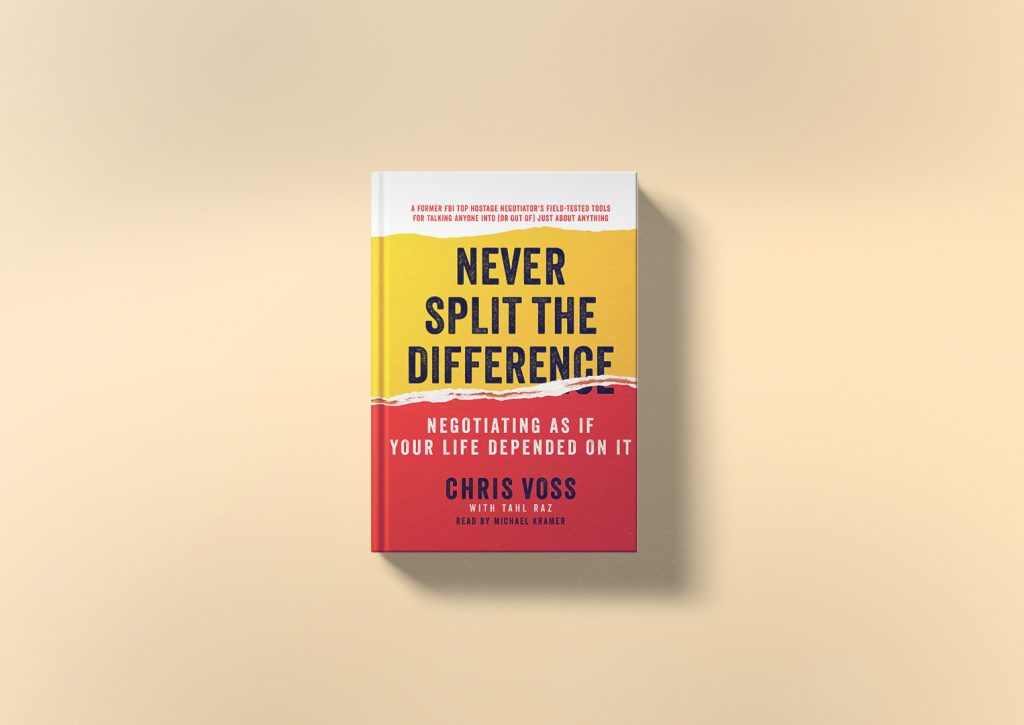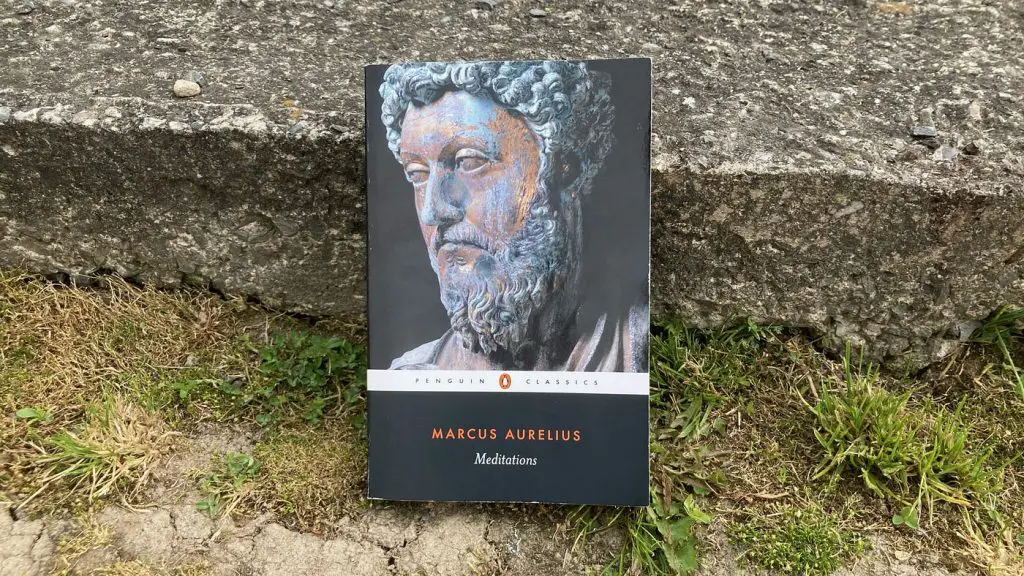Will your calling always bring meaning, joy, and success? Or could it be the reason why your life is an absolute mess?
I once had coffee with this guy who was highly successful, influential, and rich. He was a man on a mission, doing a lot of good for others and living out his calling. Despite all that, he was clinically depressed. I’m sure you’ve met someone who fits that profile too. If you have, you likely feel that the math doesn’t compute. Neither do I.
We have this innate desire to find our calling in some shape or form. One study around purpose in the workplace showed that employees felt more empowered and happy when they were doing meaningful work- something that felt more like a calling than a job.
But can we find our calling and still feel unhappy and discontent with our lives? In fact, could our calling even be the cause of the unhappiness, pain, and discontentment?
The Problem of Purpose-driven Living
In 2002, Rick Warren’s “The Purpose Driven Life” took the world by storm, influencing an entire generation to seek out the thing that would make their lives significant in the grand scheme of the cosmos. All of a sudden, millions of people wanted to find their purpose, something that they could that would become their life’s mission and legacy.
We connect our purpose and calling to different aspects of life: our jobs, servitude to others, our family, our net worth, and so on. We’re driven by it; bet our joy and meaning on discovering, pursuing, and fulfilling our calling. And that can be a problem.
Hard Questions We Need to Ask About Our Calling
Purpose is beautiful, but putting it on too high a pedestal could cause some problems. There are some hard yet important questions we should start asking about our calling that we should ask. These are just some of them:
Is My Job My Calling?
In 2018, I quit my full-time role in church ministry to pursue a career in writing and business. Many people questioned my decision, mostly concerned that I was abandoning my calling.
For a long time, I thought of my calling and job as two highly intertwined elements. If I felt “called” to serve in the ministry, I had to be a full-time minister. I respect the office of a pastor so much, and that will never change. But I realize now that your calling goes beyond a job or office.
Sure, it would be simpler if they could be one and the same, but when was life ever simple? Callings aren’t always linear. People “called” to music don’t always become musicians. Mahatma Gandhi wasn’t a “professional civil rights leader.” He was a lawyer. Marcus Aurelius wasn’t a vocational philosopher. He was an emperor.
My career as an entrepreneur and writer has helped me fulfill so much of my calling to inspire and help others. I would go as far as to say that this career path has given me a certain reach I would not have had if I were a full-time minister. And no, it’s not just about the money. All my money goes to my wife anyway (Ha, I’m in trouble).
Will My Calling Make Me Happy?
We seem to tie so much of our happiness to our calling. We’re happy when we discover it (which we should be) and happy when we pursue it. But many times, our calling will cause us pain. In those times, do we lose our calling? Should we let go?
The prophet Jeremiah comes to mind. God called him to speak to warn Israel about the consequences of sin and disobedience. What did he get out of it? The king throws him into a cistern, where he sinks into the mud. Still, he says that God’s word was like a “fire shut up in [his] bones.
A calling isn’t for your happiness. Seeking pleasure in what we do can sometimes be misleading. What we should seek first is something worth sacrificing anything, including our “happiness,” that is, if you equate being happy with pleasure and comfort. Find a cost you’re willing to pay.
Will My Calling Give My Life Meaning?
So much of our calling and purpose ties to something we do. But so much of our life’s meaning connects more with the things we are. It’s our identity and not our activity that fills our souls.
Who am I? At the end of the day, these are identities that give me the most meaning:
- I’m a follower of Christ. I do my best to imitate Christ (still failing miserably, but still trying)
- I’m a husband. I do things to show I love Ces and serve her as much as I can- drive her to mani-pedi appointments, take her on dates, buy her gifts, hug and kiss her, and give her all my money (oops. Here we go again).
- I’m a father. I do all I can to raise Sam and Alexa the best way I can, including showing them as much affection and affirmation, praising them when they do well, correcting them when they don’t, providing for their needs by working hard for bread, and occasionally spoiling them with Mogu Mogu, FIC Ice Cream, and Lollipops.
- I’m a writer. I do things like write content for clients, books, blogs, podcast episodes, and so on. I do this to communicate messages that enrich others by growing their businesses or inspiring them to take action.
What I’m called to do is an outflow resulting from who I am. The more I find meaning in my being, I end up doing more to fulfill my calling.
Will I Be Successful If I Fulfill My Calling?
I find more and more each time how utterly confused we all are at times with the idea of success. We attach so much to trivial things like money, validation, power, and glory. But if these are the things that make us successful, we would feel insatiable.
Success is supposed to make us feel like we have achieved something, but many metrics and materials we use to measure our success aren’t satisfying. In his book “Psychology of Money,” Morgan Housel talks about the dilemmas of moving our goals further when we pursue success. We think, “I’ll be successful if I have this much money,” but then move the goal post further when we reach that milestone. Could our hunger and ambition for more be causing us more harm than good?
And money isn’t the only insatiable force that ruins our perceived success. Sometimes it could be metrics like how many followers we have, how many respect us, our influence on others, awards, countries we’ve visited, the number of stars in our hotel rooms, people who attend our worship services, and more. Many times, our calling will bring failures too, not just successes. How we respond to that failure will mold our calling more than success in these scenarios.
Arbitrary Numbers and Our Callings
We mistake calling for success when the number becomes arbitrary. Maybe it’s time we measured the right things regarding happiness, success, and our calling. Maybe success isn’t even the point of our calling.
Think about Moses, who never reached the Promised Land, or Martin Luther King Jr., who never saw the end of racism. Then consider Steve Jobs, who died building the most important tech company, and Bill Gates, who gave billions to charitable causes. Is anyone more successful than the other? Did one fulfill their calling better than the other?
The problem with arbitrary numbers is that they always breed comparison, and maybe callings were never meant to be competitive. We’re all just runners on our own lanes, trying to make the most sense of the ambiguous and uncertain days ahead. Could it be that what matters most is that we are and allow fate, destiny, serendipity, or whatever to blow its winds on our sails?
I find it’s best to be grateful for whatever number we end up with. I know for a fact that I don’t deserve any of the immeasurable favors I receive. The more I stack them up like I’m someone that matters, the more unsuccessful I feel.
I Don’t Know Anything
If you landed on this conclusion thinking that I haven’t answered any important questions, that’s because I don’t have any answers. All I have are ramblings, reflections, and many more important questions that need answers.
But many times, we need only to ask questions because the answers could be different for all of us. Maybe your calling does matter a lot to you. Maybe you are happy with the millions of dollars in and out of your account. Maybe feeling important and powerful does unpretentiously fill your cup.
I’m not an expert at life. I’ve only have thirty-four years of experience stacked against a world that doesn’t make sense even after several lifetimes. Let’s keep asking these questions. We don’t know everything, but we can learn a little more day by day.



